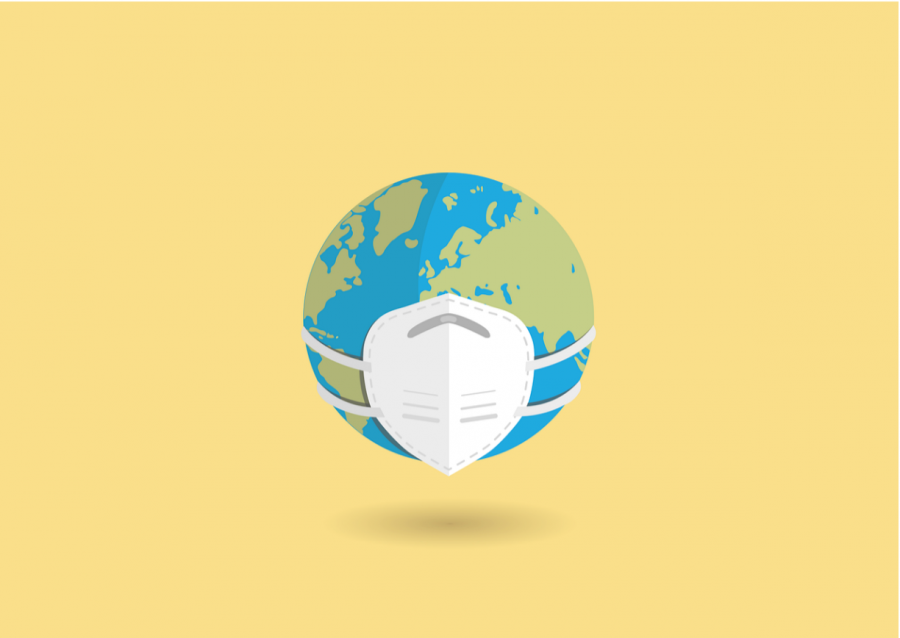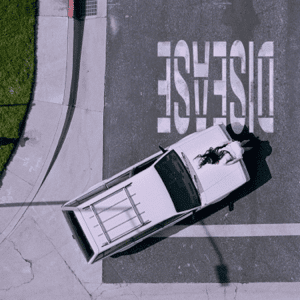The Environmental Impact of Disposable Masks
According to MIT, “The Covid-19 pandemic is estimated to generate up to 7,200 tons of medical waste every day, much of which is disposable masks.” Just let that sink in.
For the last few years, people have produced hundreds of tons of waste just by wearing disposable masks
For the last two years, it’s a guarantee that everyone has heard the words Coronavirus, COVID-19, and “wear your mask” nonstop. It can be assured that the whole world is sick of hearing those same words on repeat. Covid has become a normalized part of our everyday lives.
Wake up, get dressed, put on a mask, social distance, all usual parts of a daily routine since March 2020. Vaccinated or not, masking up is a requirement for schools, stores, campuses and most other public locations. But nobody ever thinks about the environmental impact of this lifestyle.
According to MIT, “The Covid-19 pandemic is estimated to generate up to 7,200 tons of medical waste every day, much of which is disposable masks.” Just let that sink in.
For the last few years, people have produced hundreds of tons of waste just by wearing disposable masks. Now, it is understandable that disposable protection is necessary in medical locations or other jobs, but to cause tons of weight just for everyday laziness is irresponsible. This being said, there are many different opinions and alternatives on this matter.
Besides the obvious use of masks as protection from the transmission of Coronavirus when in close quarters, they can be much more than that. Masks can be used to accessorize or enhance an outfit with unique patterns and styles or they can be sewn and serve the role as an interactive activity for students.
Rather than just going for the same pack of disposable masks, students and teachers can embrace their creativity by sewing their own masks, buying reusable masks with all different pattern varieties, or simply buying a plain reusable mask and customizing it. Not only does this make wearing masks more desirable, but it can be reworn or reworked infinitely. Rather than wearing a disposable mask once, custom made masks are not easily confused with those of other people and can be reworn an infinite amount of times.
So how can you make an impact on your environment?
There are still methods to be more considerate to the environment if wearing a disposable mask is necessary. One of these options offered at Eastern is through the E.S.C.A.P.E. Club, run by Ms. Roberts. According to Eastern’s ETV News, E.S.C.A.P.E. Club has partnered with TerraCycle. TerraCycle is an organization that had previously established a PPE Recycling System.
When COVID hit, TerraCycle streamlined their services to more broadly fit the public need to solve the current situation of increased medical waste. They streamlined this process to be more accessible for the public in 4 simple steps now. The steps of PPE Recycling consist of collection, check in, recycling, and new products.
Masks are collected in Zero Waste Boxes, shipped off to the TerraCycle facility, inspected, sorting the materials within them, and then recycled into new products. Masks, gloves, face shields, and a wide variety of other Personal Protective Equipment are accepted.
According to TerraCycle, mask materials can be turned into almost anything, “The resulting recycled material is used by third parties to manufacture a variety of new products including outdoor furniture, plastic shipping pallets, outdoor decking, watering cans, storage containers, bins, tubes for construction applications, etc.”
So rather than creating those 7,200 tons of mask or PPE waste daily and contributing to the growing environmental issues, seeking alternatives within the Eastern community is an accessible and beneficial solution for all.







